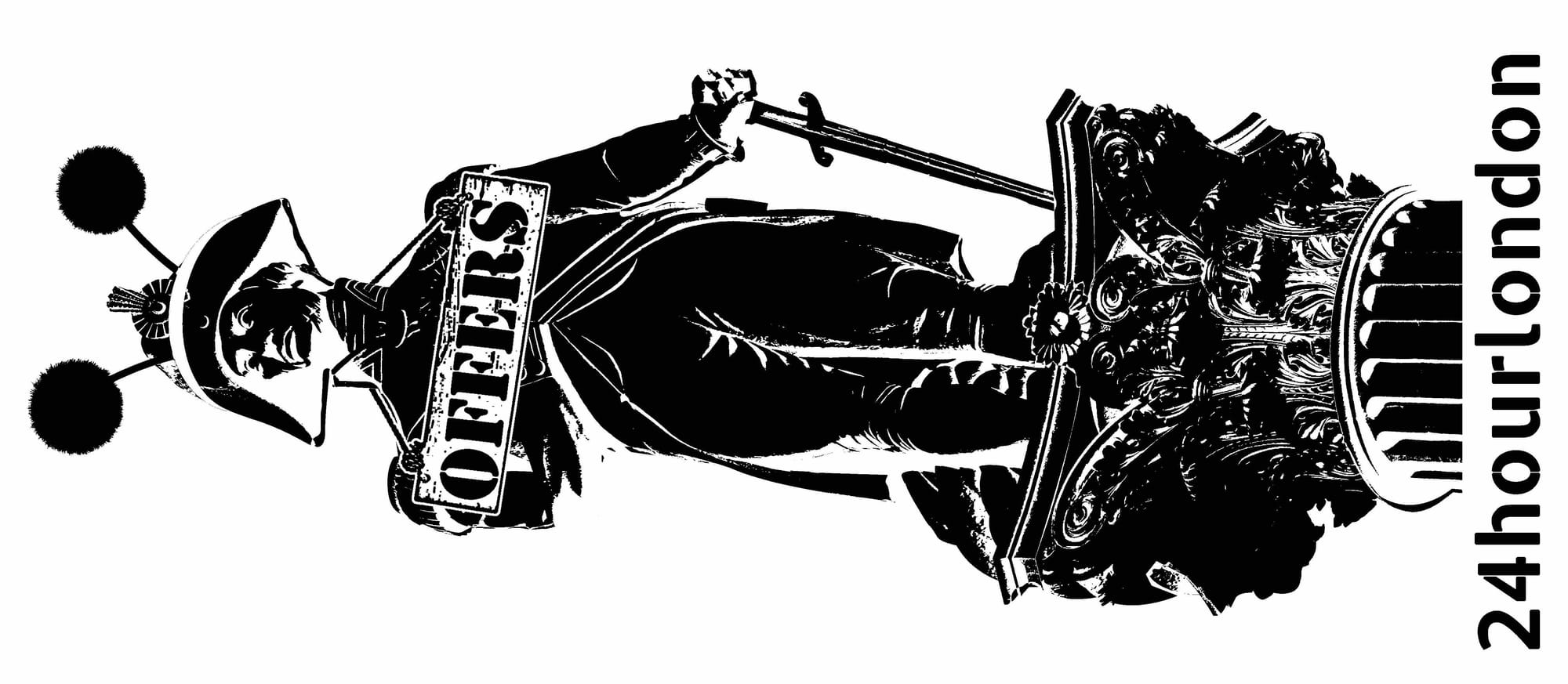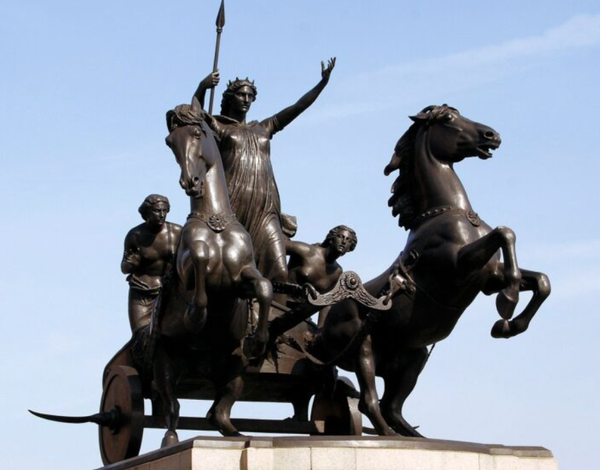The Norwich Post or 24hournorwich: A newspaper for Norwich
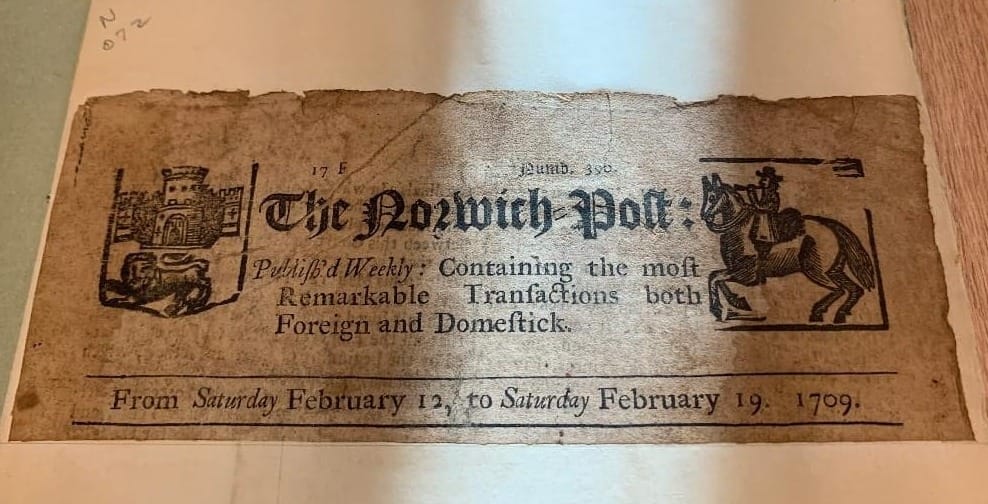
Norwich gave birth to England’s first local newspaper and this is a picture of its masthead.
It was started in 1701, 36 years after the first London newspaper and both were weekly.
When the librarian at The Forum opened the green cardboard folder with a flourish for me the other day, to display its contents, I gasped when I saw the date on it. This piece of paper - a cutting from The Norwich Post - is older than the United States of America.
And I love its rubric. “Containing the most Remarkable Tranfactions both Foreign and Domestick.”
That’s my kind of paper: telling stories that its readers didn’t even know they needed to know. Things that were, quite simply, Remarkable. With a capital R.
24hournorwich has a worthy forebear.
So what links The Norwich Post and 24hournorwich, besides their physical location?
The Norwich Post was begun by a man called Frances Burges, who came to Norwich from London, where the weekly newspaper market had become saturated during the reign of Queen Anne. The Daily Courant, England’s first daily paper was another result of this and it started the next year, 1702. The Norwich Post’s earliest extant edition dates from 1708, is edition three hundred and something and is in the British Museum. Where else?
The Forum has ten editions on microfiche, which is four more than were available 100 years ago, when a pamphlet was written about The Norwich Post and printed by the Norwich Mercury. So there are probably a few ancient editions still to be found in attics, though finding one would in itself be Remarkable these days.
The office of The Norwich Post was near St Andrew’s Hall at a place known as The Red Well, which is remembered in the name of Redwell Street, running up towards Bank Plain. And when Frances Burges died, at the tender age of 30, the enterprise was taken over by his wife, Elizabeth. (Now, her story would make a terrific costume drama, involving the first newspaper wars – in Norwich, obviously - and a competitor title called Transactions of the Universe. Got to love the ambition… )
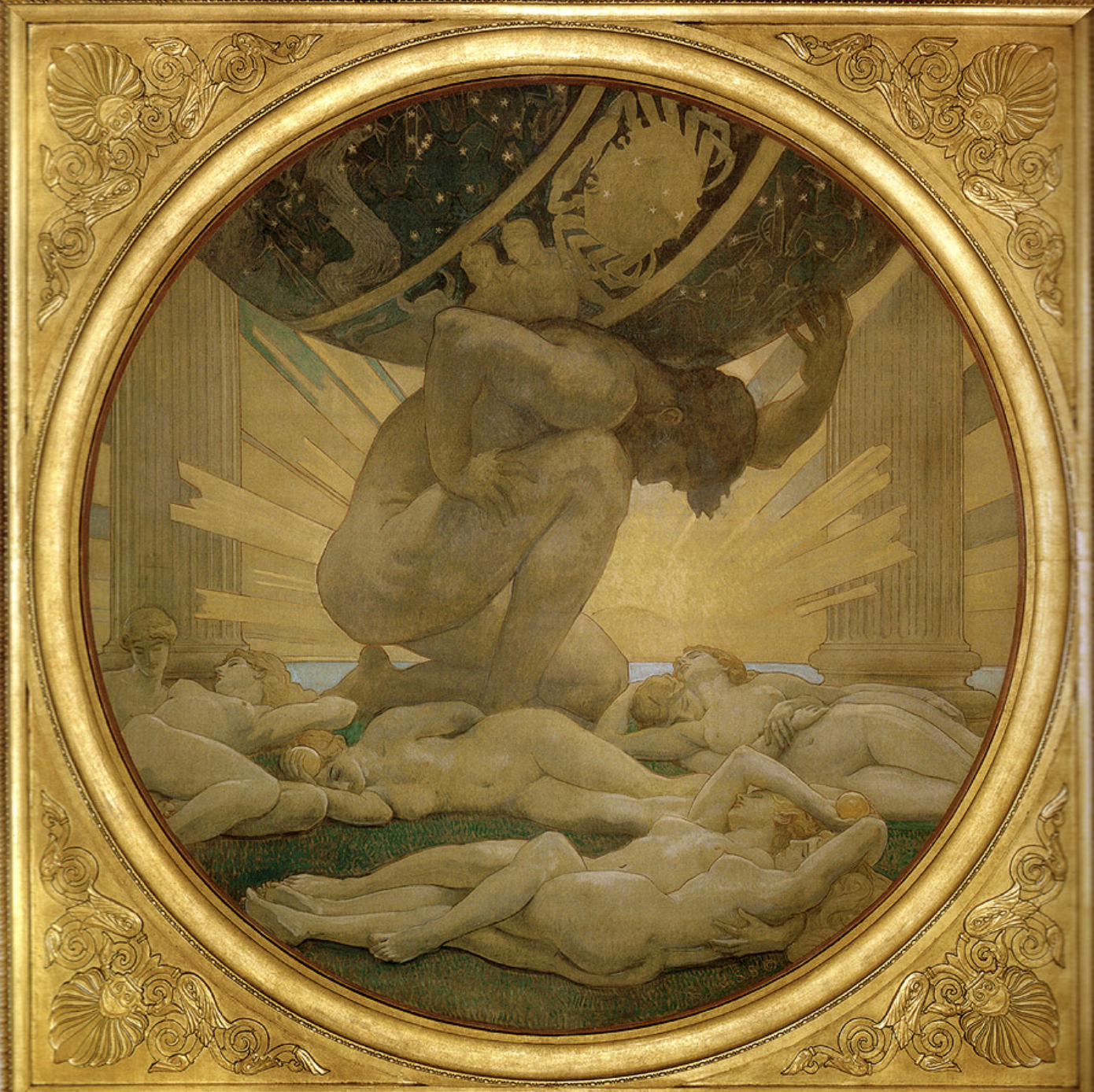
But this is the part that means the most to me. The pages of these papers are teeming with life. Absolutely writhing with it. If you want to know what Norwich was like at the beginning of the 18th century, this is where you’ll find the good stuff. And I’m not talking about the “content”, or so-called news, which was mainly cribbed off London papers.
No. I’m talking about the adverts. For they were the local content – and they were what made the Norwich Post such a money-spinner for the Burgeses. They were also what prompted some serious competition to spring up shortly afterwards. (By 1707 Norwich had THREE papers at a time when London had only about twice as many.)
Here’s a good example of an advert, from February 1708. “At Mary Armingers, being the Sign of the Pease and Beans, over against Mr Baldwins Brew-houfe, in St Stephens, every Saturday, Henry Boyce, Corn-buyer, fits there, to Buy all forts of Grain.”
So if you had grain to sell you could just turn up and sell it to Henry Boyce at the Peas & Beans pub on St Stephens. And he paid the Norwich Post to advertise the simple fact that he would be there. Job done.
Here’s another, in among the ads for farms, houses and beagle packs. “Deserted from the Hon Colonel Townfhend’s Regiment, John Emes, he lived in the parifh of St Pauls, about 5 foot 7 inches high, of a freft Complexion, well fet in brown colour’d Cloaths, with long flank brown Hair. If the faid John Emes will come within ten Days and Furender himfelf he fhall be kindly receiv’d, otherwife, whoever takes him up and brings him to Capt Suckling, at his Quarters at the Lower-Half-Moon in the Market-place, fhall have two Guineas Reward and other Charges.”
So there’s something going on with the letter F there, which seems to be interchangeable with a modern S or SH, and points to the way papers helped standardise the English language.
But there are other things too. Who can guess why John Emes deserted his regiment? On the surface of it, this isn’t great for Emes, since desertion was frequently a reason to break out the firing squad. But the terms seem reasonable, assuming they were stuck to and weren’t just a way of getting Emes to show himself.
And there are also the names of the officers: Townshend and Suckling. These are both Norfolk names I’ve heard in other contexts. “Turnip” Townshend featured in the history of the industrial revolution when I was at school, as the inventor of the four-course Norfolk crop rotation, which vastly improved agricultural production in the 18th century. And Maurice Suckling, two or three generations later, was the uncle of Horatio Nelson, Norfolk’s most famous son, who sponsored his nephew into the Royal Navy. Looks like being in the military was the family business. But what does this mean?
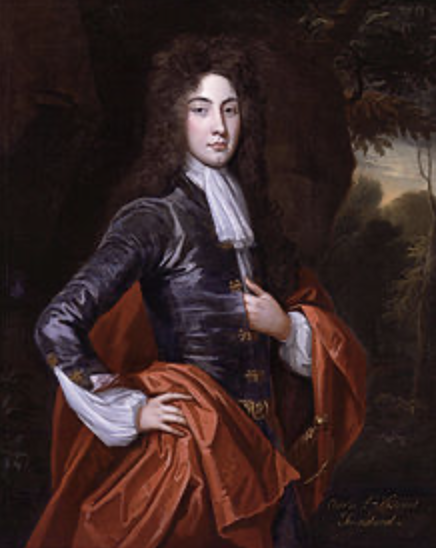
In the first decade of the 18th century Norwich had a population of only about 30,000 (against about 213,000 now). So the same names of notable figures and their families come up again and again. Much more so than today, when there are simply many more people bearing names from all over the globe, a change that the Royal Navy had a role in bringing about.
Here’s another ad. This one is for a cookery teacher “who teaches all sorts of… Gellies, Creams and Pickles and to make rich cakes of all sorts and everything else of that nature. She teaches for a Crown down and a Crown when they are fully learn’d, that her teaching so cheap may encourage very many to learn”.

This makes me think of Delia Smith and her cookery masterclasses up at Carrow Road, which attract a clientele from all over the UK and abroad (apart perhaps from the cheapness). Long may they continue.
And my favourite, for its plangent qualities… “Christopher Mills, a Lad of about 12 years of age, with short sad colour’d Hair, a fear-nothing Coat and a pair of Men’s Shoes on, ran away from his master, Agis Brown, of Foncet, in July last, 1707. Whoever can give notice where he is, to Mrs Nevitt, Widow, in Newgate, Norwich, or to Mr Nevitt of Fundell-Hall, shall be well rewarded.”
Let’s hope the poor lad, with his sad-coloured hair and too-big shoes, was being asked after by these two (brother and sister?) for his own sake and not as a financial asset of some kind. Because, let’s face it, when you treat people only as things, that’s when the bad stuff starts to happen. Let’s hope he hadn’t already come to a sticky end in the six months since he went missing. And what on Earth was a fear-nothing coat anyway? Inquiring minds need to know…
These adverts were the lifeblood of The Norwich Post, making its printing press a viable business at a time when literacy was still unusual in the general population. They show Norwich as England’s wealthy second city, due to its weavers, and as the obvious place to open a newspaper after London.
The paper enhanced the business life of the city, making it easier to get things done.
And, just as importantly, these adverts were a major reason that the people of Norwich bought the paper. They wanted to know all the news, gossip and business of their neighbours and their city. News, gossip and business: these things went together inextricably. The “news” without the gossip and the business wouldn’t have made any money.
Not much has changed.
To be vibrant – to do more than just eke out a living - newspapers have to contain all three. There are worthy people in government and academia these days who worry about the recent, agonising death of local newspapers, due to their advertising revenue being hoovered up by Google and Facebook. And they usually say that “public interest news” is the thing that needs saving. (“FOR GOD’S SAKE, THINK OF THE DEMOCRACY!” to parody a phrase.)
But on its own “public interest news” – often court cases, reports on local government and accidents the police have attended - is pretty boring, especially if it’s all you’ve seen for several years and doesn’t directly involve anyone you know. Where’s the incentive to regularly pick up a paper or even read it on your phone? There’s got to be a little spice…
Also, it’s quite hard to sell advertising that sits next to pure doom and gloom. I learned this from a great man called Stephen Clackson at the Evening Standard in London many moons ago, but that’s a different story…
Without giving too much away 24hournorwich (and its sister title 24hourlondon) has built a mechanism that will change that and in the process make local newspapers fun and interesting again. It can “rebundle” public interest news with gossip, features and advertising from your local area – and not a moment too soon.
We like investigations, which are an important part of speaking truth to power. But we also want to support local business in a bustling and meaningful way, because these Tranfactions are the life-blood of the Universe. One pays for the other.
Oh yes.
Watch this space.
